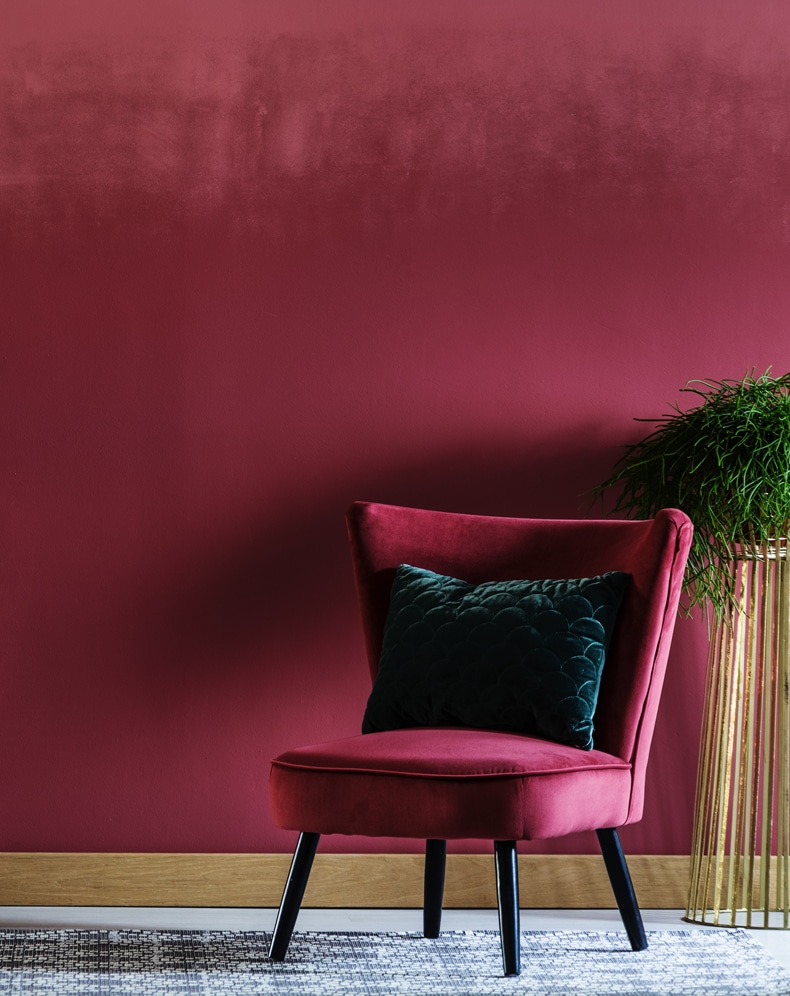Maroon is a timeless and versatile color that adds depth and warmth to any design or wardrobe. Whether you're decorating your home, choosing an outfit, or designing a logo, knowing which colors complement maroon can elevate your style and create a harmonious aesthetic. This article will explore the best colors that pair well with maroon and provide practical tips for achieving a balanced color palette.
Color theory plays a crucial role in understanding how colors interact with one another. Maroon, a rich and earthy hue, sits between red and brown on the color wheel. Its unique position makes it an excellent base color for creating both bold and subtle combinations. By learning which colors enhance maroon, you can make informed decisions that suit your personal style or design goals.
This guide will delve into the world of color coordination, offering valuable insights into the psychology of color, practical examples, and expert tips. Whether you're a designer, a fashion enthusiast, or simply someone looking to refresh their space, this article will provide all the information you need to make maroon shine.
Read also:Unveiling The Allure Of String Bikinis At The Beach
Table of Contents
- Biography of Maroon Color
- Understanding Color Theory
- Complementary Colors That Go Good With Maroon
- Analogous Colors to Pair With Maroon
- Neutral Colors That Enhance Maroon
- Metallic Colors That Complement Maroon
- Psychology of Colors and Maroon
- Practical Tips for Using Maroon
- Real-Life Examples of Maroon in Design
- Conclusion
Biography of Maroon Color
Maroon has a fascinating history that dates back centuries. Originally derived from the French word "marron," which means chestnut, maroon became popular in the 18th century as a dye for fabrics. Its deep, rich tone has since been embraced across various cultures and industries. Below is a brief overview of maroon's characteristics:
| Characteristic | Detail |
|---|---|
| Color Family | Red-Brown |
| Hex Code | #800000 |
| Symbolism | Power, elegance, and warmth |
| Popularity | Widely used in fashion, interior design, and branding |
Understanding Color Theory
Color theory is the foundation of understanding how colors interact and complement each other. To effectively pair colors with maroon, it's essential to grasp the basics of color relationships.
Primary and Secondary Colors
Primary colors include red, blue, and yellow, while secondary colors are created by mixing two primary colors. Maroon, being a tertiary color, combines red and brown, making it a versatile option for pairing with both primary and secondary colors.
Complementary Colors That Go Good With Maroon
Complementary colors are those that sit directly opposite each other on the color wheel. Pairing maroon with its complementary colors can create a striking contrast that draws attention.
Green: A Natural Companion
Green is the complementary color to maroon, offering a vibrant contrast that works well in both interior design and fashion. Here are some ideas:
- Use sage green for a softer approach.
- Incorporate emerald green for a bold statement.
- Pair olive green for an earthy, rustic look.
Analogous Colors to Pair With Maroon
Analogous colors are those that sit next to each other on the color wheel, creating a harmonious and cohesive palette.
Read also:10 Stylish Outfits To Wear With Sweatpants For Every Occasion
Red and Brown Shades
Staying within the red and brown family can create a warm and inviting atmosphere. Consider:
- Deep burgundy for a luxurious touch.
- Beige for a light and airy contrast.
- Caramel for a rich, chocolatey feel.
Neutral Colors That Enhance Maroon
Neutral colors provide a perfect backdrop for maroon, allowing it to take center stage without overwhelming the space.
Classic Neutrals
Whites, grays, and blacks create a sophisticated contrast when paired with maroon. For example:
- Off-white for a soft, elegant look.
- Charcoal gray for a modern twist.
- Jet black for a dramatic effect.
Metallic Colors That Complement Maroon
Metallic hues can add a touch of luxury and sophistication to any maroon palette. Here are some options:
Gold and Bronze
Warm metallics like gold and bronze enhance maroon's natural richness. Use them sparingly to highlight specific areas:
- Gold accents in furniture or decor.
- Bronze fixtures for a vintage feel.
Psychology of Colors and Maroon
The psychology of color plays a significant role in how people perceive and react to different hues. Maroon is often associated with:
- Power and authority.
- Elegance and sophistication.
- Warmth and comfort.
Understanding these associations can help you choose complementary colors that align with your desired message or mood.
Practical Tips for Using Maroon
When incorporating maroon into your design or wardrobe, consider the following tips:
Balance and Proportion
Use maroon as an accent color or a dominant hue, depending on the overall effect you wish to achieve. Balancing it with other colors ensures a cohesive look.
Real-Life Examples of Maroon in Design
Seeing maroon in action can inspire your own creations. Below are some examples:
Interior Design
Maroon walls paired with cream-colored furniture create a cozy, inviting living room. Adding gold accents elevates the space further.
Fashion
A maroon blazer over a white shirt and black trousers makes a bold yet professional statement. Pair it with bronze accessories for a touch of glamour.
Conclusion
In summary, maroon is a versatile and striking color that pairs beautifully with a variety of hues. By understanding color theory, exploring complementary and analogous colors, and considering the psychology of color, you can create stunning combinations that suit your style. Whether you're designing a room, crafting a wardrobe, or building a brand, maroon offers endless possibilities.
We invite you to share your thoughts and experiences with maroon in the comments below. Feel free to explore more articles on our site for additional design inspiration and tips!
Data and insights in this article are supported by reputable sources such as Color Wheel Pro and Pantone.


